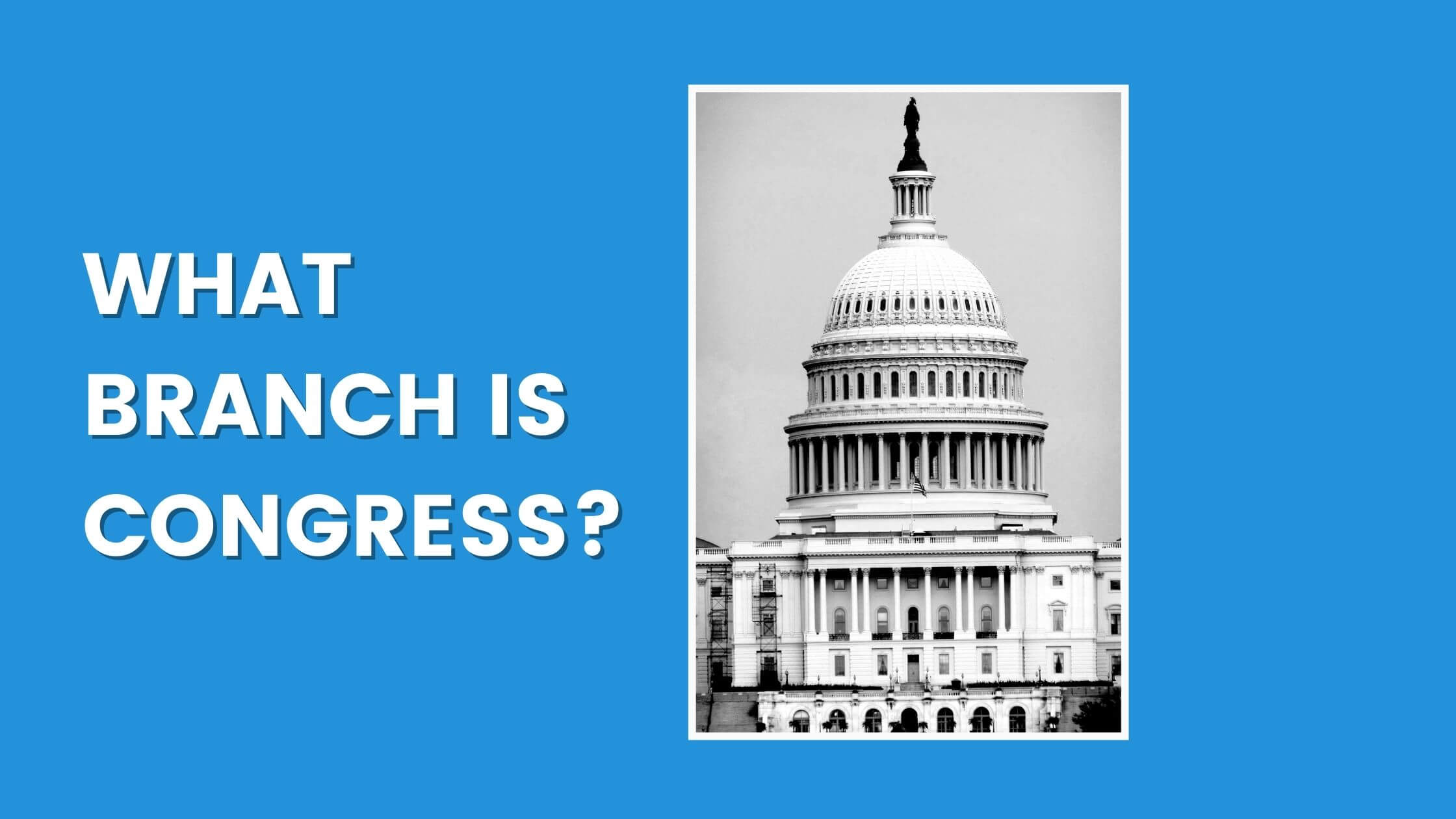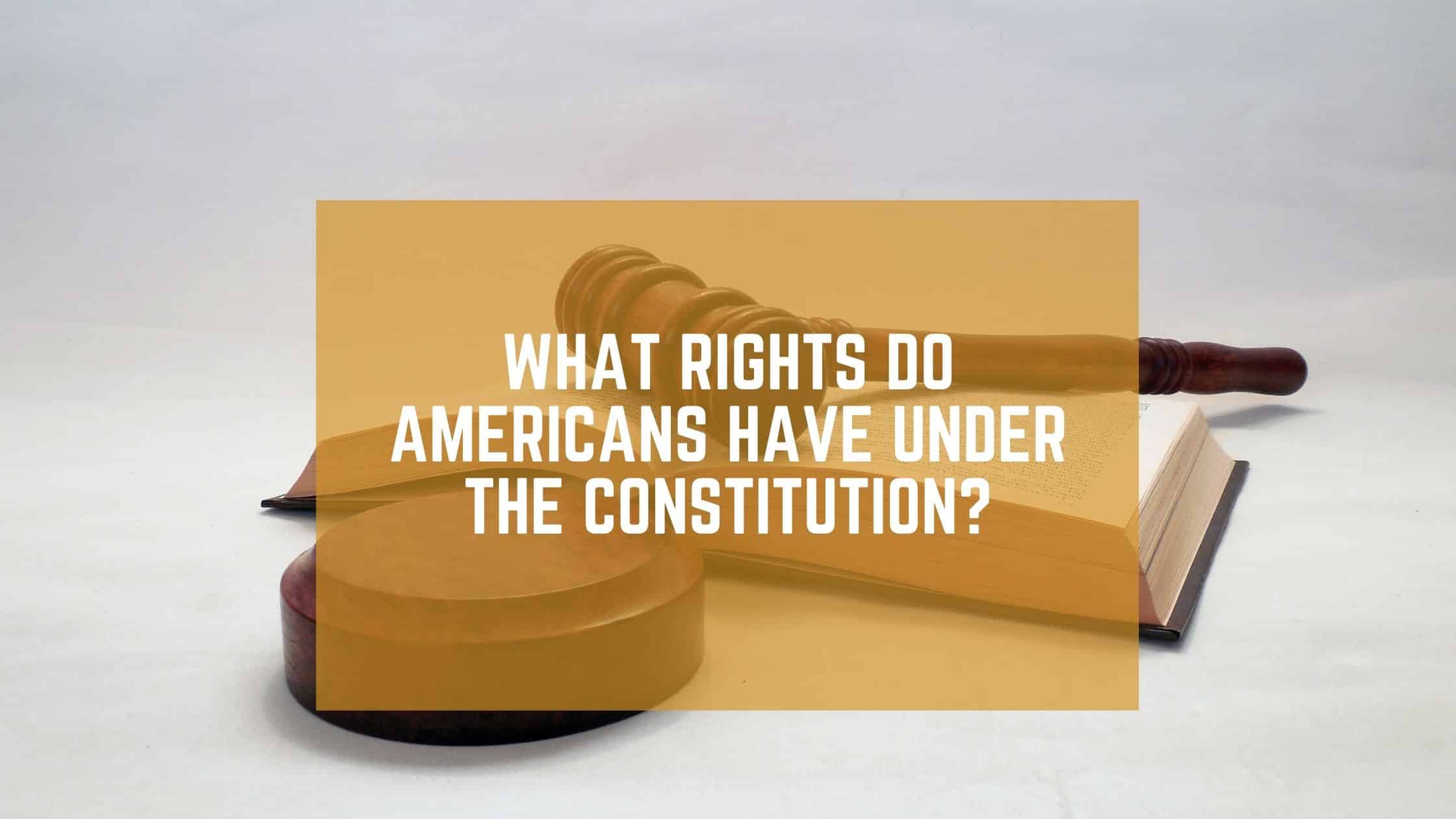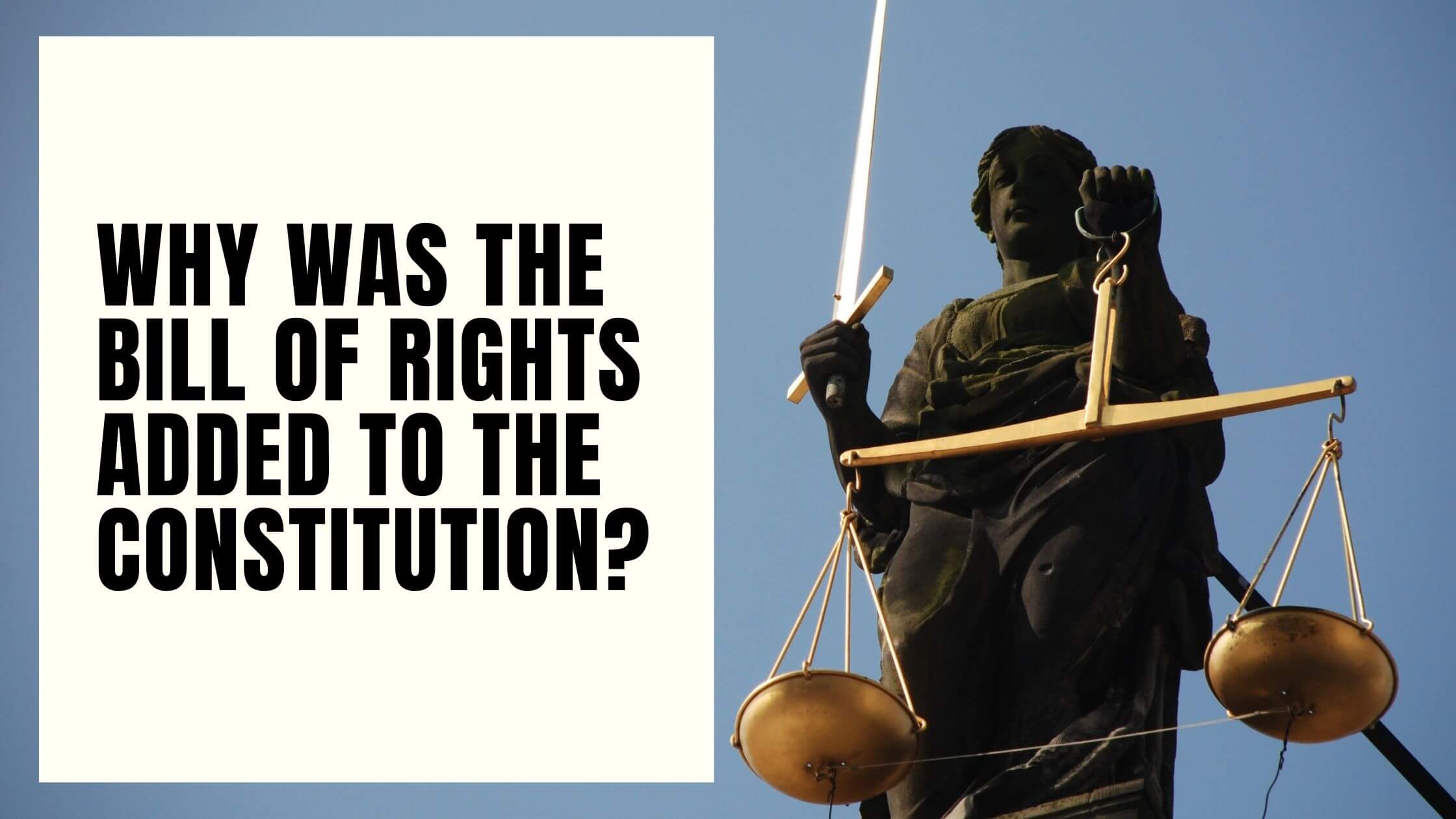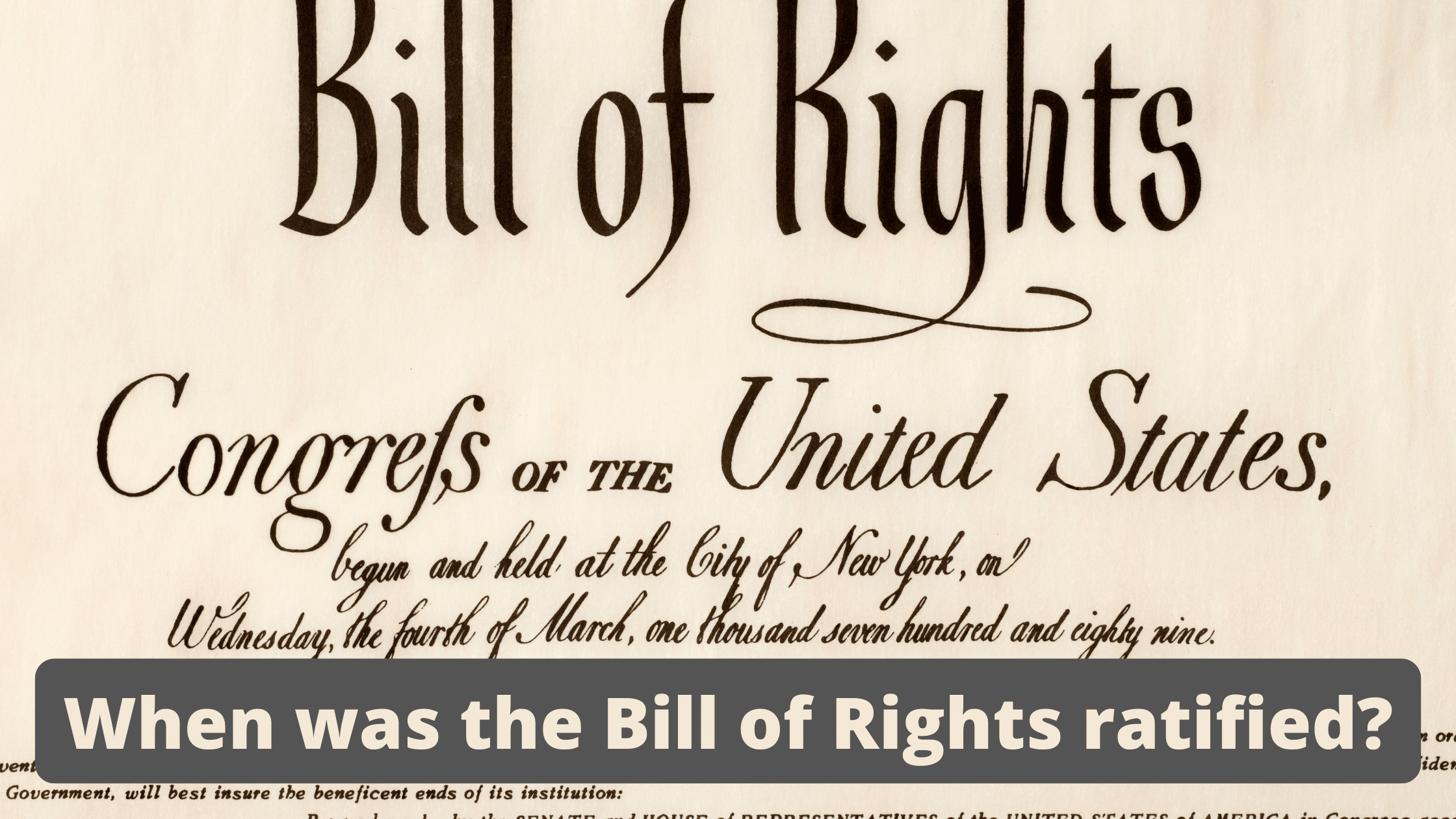Table of Contents
ToggleIt isn’t easy to understand all the different parts of our government. Unfortunately, it’s partially by design.
What branch is Congress?
Congress is the legislative branch made up of the Senate and the House of Representatives.
With all of the systems in place to keep our government non-corrupt, it is hard to understand what each piece does.
In this article, we’ll continue to look at what congress does.
Why Do We Have Different Branches of Government?
We have multiple branches to make sure one branch of the government doesn’t over-exert its power. This is known as checks and balances.

Due to our founders’ history of being oppressed under an absolute monarchy, they believed that the United States government needed multiple branches to check the other for corruption or other unconstitutional actions consistently.
A simple example would be the process of passing a bill. But, first, the president might ask Congress to pass a new law (since the president cannot do this him or herself).
After much debate, revision, and voting, Congress will pass a bill and send it to the president to sign. Then, of course, the president can veto the bill, but if there’s a large enough majority (2/3 of all of Congress), the bill will become law anyway.
If someone thinks a new law is unconstitutional, they can challenge it in the Supreme Court, which is part of the judicial branch of government, and if they win, they can have it struck from the books.
This may sound like a completely convoluted system, but it’s an integral part of keeping our federal government (somewhat) honest.
Just imagine if the president could make whatever he wanted into law. We’d have a completely new set of laws that would drastically change how we live our day-to-day lives depending on who holds the presidency.
So Which Branch Is Congress and What Do They Do?
Congress is a part of the legislative branch. It’s made up of the House of Representatives and the Senate. They’re responsible for all of the federal laws in our country.
This is a very lengthy and complicated legislative process involving the consideration of committees and subcommittees (depending on the category the bill falls into), long debates, revising the law, and even more debating.

The United States Constitution also gives Congress the ability to declare war and certify the presidential election. Each half of Congress (the Senate and the House) has different abilities for legislating for our country.

Get Smarter on US News, History, and the Constitution
Join the thousands of fellow patriots who rely on our 5-minute newsletter to stay informed on the key events and trends that shaped our nation's past and continue to shape its present.
The House of Representatives
The House of Representatives contains 435 congresspeople who represent a district within each state. One term in the House lasts two years.
To run for the House, the potential candidate must be at least 25 years old, have citizenship status for at least seven years, and live in the state they represent. However, it’s important to note that they do not necessarily have to live in the specific district they’re representing.
The number of districts a state has is determined by its population. Because there can only be 435 members of the House, if one state’s population suddenly increases enough to get another representative, a seat will have to be taken from a different state.
The population of each state is deduced through the Census, which is conducted every 10 years.
The House of Representatives has the power to initiate revenue bills (commonly known as ‘the power of the purse’). If something needs to be funded, it’ll go to the House first.
The House can also impeach federal government officials (although they cannot remove these officials from office) and decide who the new president is if there’s an electoral college tie.
The Senate
The Senate is made up of 100 Senators. Two Senators represent each of the 50 states and are elected every six years. To be eligible to run for the Senate, one must be at least 30 years old, have citizenship status for at least nine years, and live within the state they’re running in.
The term for a Senator is so much longer than that of a House member. In addition, the election cycle is staggered, so about 1/3 of the Senate is up for reelection every two years.

Suppose the president wishes to appoint Cabinet members or nominate a Supreme Court justice. In that case, the Senate must approve nominations and appointments as part of the checks and balances process.
The Senate is also tasked with carrying out the trial for any federal government official impeached. If there is a 2/3 majority (also known as a supermajority), that official will be removed.
President Trump, for example, faced two impeachment trials following a congressional investigation and was acquitted on both occasions. As a result, Donald Trump was the first president in American history to be impeached twice.
If there’s ever a tie in the Senate, the vice president serves as the final vote.
What Other Powers Does Congress Have?
While being able to pass laws, Congressional power also extends to overseeing the executive branch’s actions (namely the president). The way Congress primarily conducts checks on the president is through hearings.
During these hearings, people will be brought to testify and be questioned by members of Congress.
Congress also can negotiate treaties. While the president typically has the power to declare war or introduce treaties, the United States Congress (particularly the Senate) is involved in the treaty process.
The only exception to this is when a treaty involves aspects of foreign trade. The House’s approval is also then required.
For a treaty to be created, 2/3 of the Senate has to vote in favor. After that, the treaty will not be ratified until the president exchanges it with the foreign power in question.
The Importance of Congress
Congress is an important part of our country. Without it, there wouldn’t be a way to discuss bills or create something that (theoretically) is in the country’s best interests. While we would still be able to challenge the constitutionality of laws in the United States Supreme Court, that takes an incredible amount of time and would clog up our judicial system. In that way, Congress is invaluable to our country’s ability to function.












2 Responses
In all, its our judicial system that decides weather a bill is constitutional or not. If theres a disagreement on both sides of Government, it then goes to the supreme court. Its the supreme court that ultimately makes the decision. In essence, The Judiciary parliament is what runs this country. But Judiciary only has power over laws. They have no control over foreign affairs, Only internal matters. they have no control over our Military as well.
Thats why its very important that Justice’s be oppointed to the Supreme court that have solid character, and will up hold the constitution of the united states. There is no term limit for Justice’s of the supreme court.